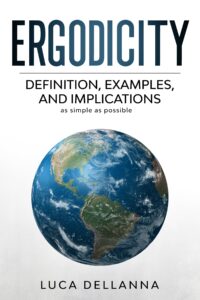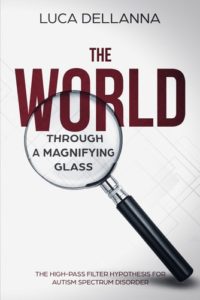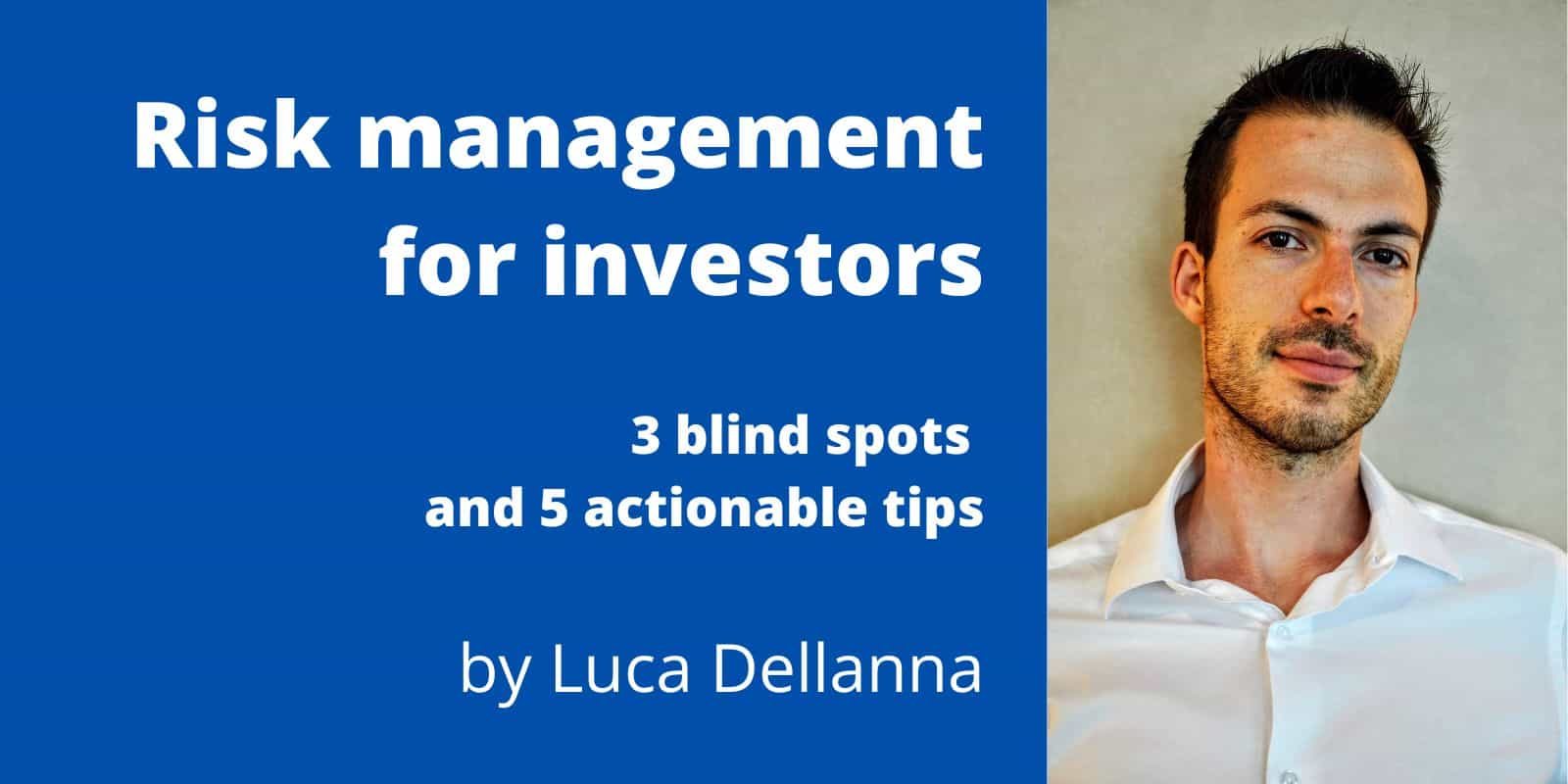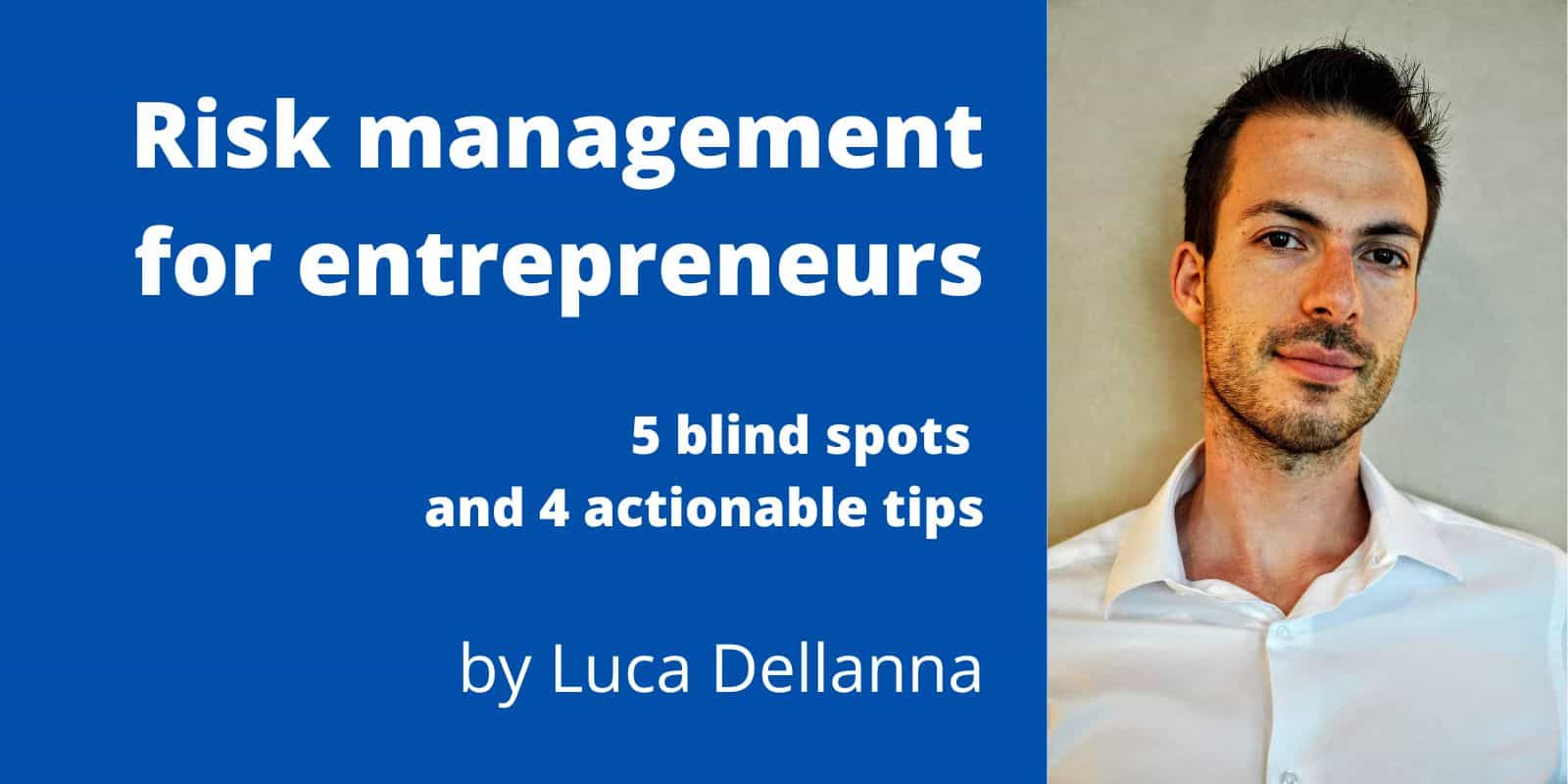The three blind spots of savvy investors when it comes to risk management and five actionable tips to address them.
Censorship you don’t like often begins as censorship you like.
Allowing censorship assumes that this power can be taken back and that it won’t corrupt the censor. Two strong assumptions.
Censorship assumes that your party will stay in charge forever and won’t turn against you. Strong assumptions.
Rule of thumb: don’t allow censorship if you’re not willing to have your enemies as the censors.
First, we had a problem. Then, we addressed it with censorship. Now, we have a two problems.
The greatest trick authoritarians ever pulled was to convince the population that censorship is a tool to fight disinformation. Instead, it’s a tool of disinformation used to fight information.
The moment you withhold your enemies a right, you open the door from it being withhold from you.
Rights are preserved by giving them to your enemies.
“There’s no evidence I’m wrong”, said every Censor ever.
When people say “Twitter and Facebook are a private company, they can do what they like,” many actually mean “they did what I like.”
Also, something being legal doesn’t necessarily means it should be done. Slavery was legal, for instance.
“But it wasn’t censorship, Trump has a press room.”
He does, but you don’t. This discussion of censorship is not about Trump. It’s about everyone else that censors might censor.
When people say that “it was right to censor Trump because he incited violence”, they assume that censoring the President is a de-escalatory act. A very strong assumption.
When people say that “it was right to censor X because he incited violence”, they assume they will never be ruled by a dictator who needs to be overthrown.
Banning dangerous speech on a ~bipartisan platform assumes that the censored won’t move to a ~partisan platform.
If he does, two echo chambers form, and instability increases.
I don’t believe in the false dichotomy of the paradox of tolerance.
We can:
- never censor
- consistently condemn violence
- be fair in general & pursue criminals & the corrupt, to remove fertile ground for “dangerous speech” seeds to grow
Cognitive dissonances:
- to believe in the outcome of democratic elections AND censorship
- to believe in fairness AND selective censorship
- to believe of being oppressed AND having the power to censor
Final thoughts:
Now that we’ve witnessed that promoting riots one likes leads to riots one doesn’t like, can we talk about the importance of not censoring speech one doesn’t like?









